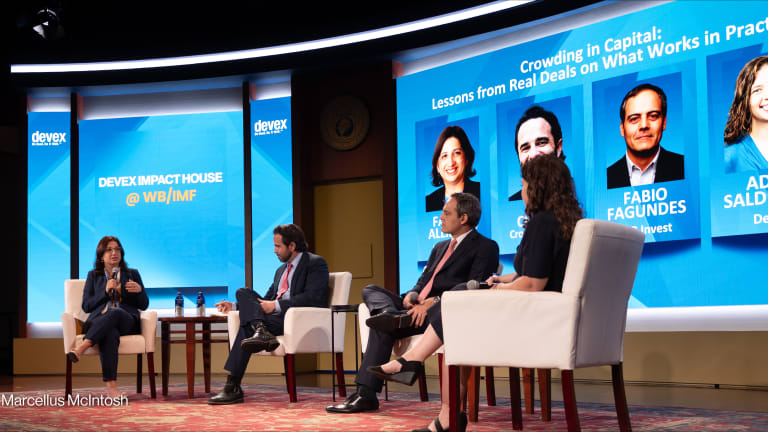Back in 2020, just before the COVID-19 pandemic, JPMorgan Chase launched its own development finance wing in an unusual move for a Wall Street titan. The DFI was designed to mobilize investments that would help achieve the United Nations’ Sustainable Development Goals, including by identifying sources of capital.
Notably, unlike public development finance institutions, the J.P. Morgan Development Finance Institution does not hold the investments it puts together on its own balance sheet. Rather, it is trying to turn sustainable development into a traded asset class — meaning it is working to prove that this is a profitable opportunity.
The project is part of a 10-year, $2.5 trillion plan to “advance long-term solutions that address climate change and contribute to sustainable development.” In 2021, the DFI served as a structuring agent in 20 transactions for development finance. More broadly, hundreds of transactions, including in investment banking, will have an impact on development worth about $124 billion, the bank estimated.








